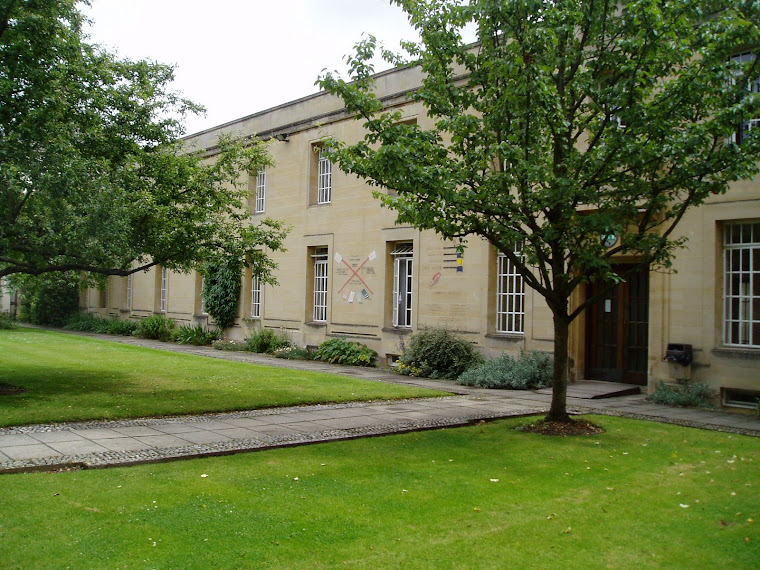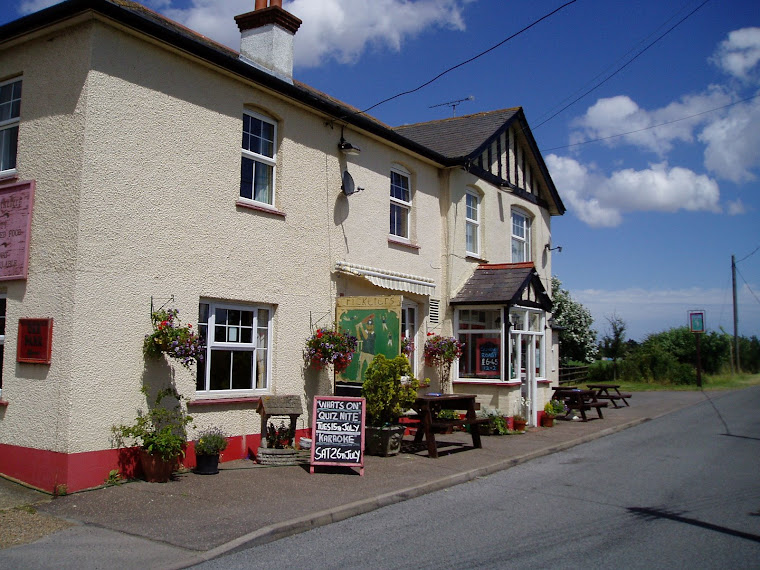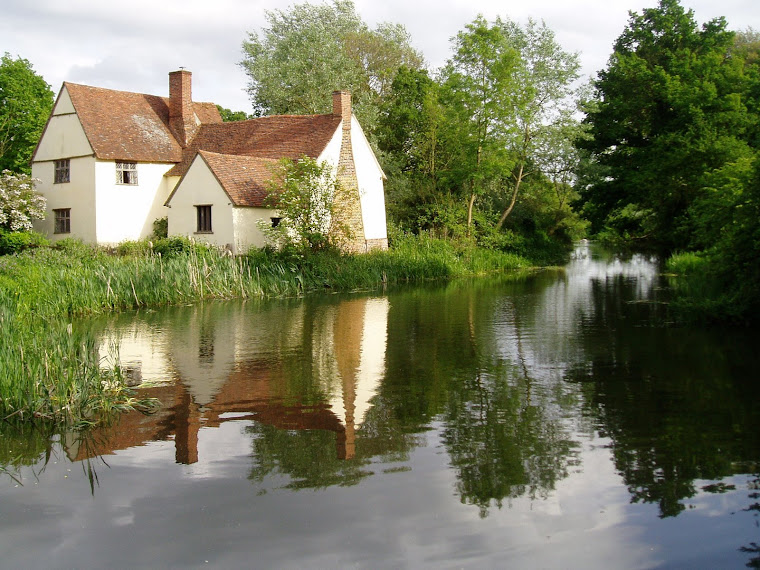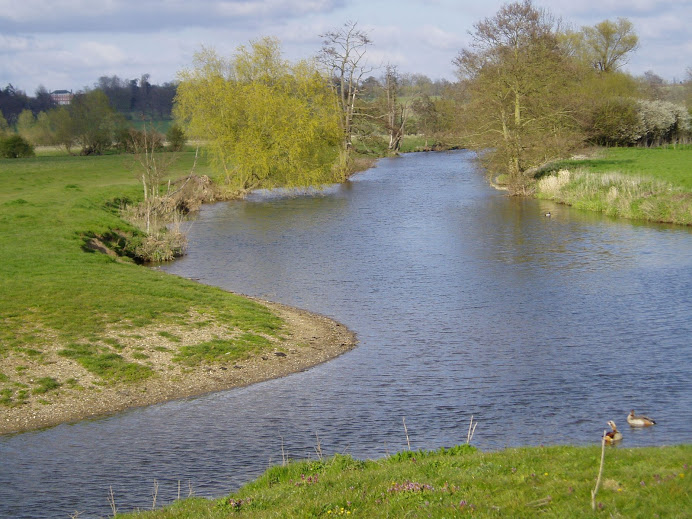In terms of church growth the developments and the global expansion of charismatic and pentecostal movements have been phenomenal, both inside and outside the mainstream Christian denominations. Some charismatic and pentecostal groups have spread through house churches, informal gatherings, revivalist meetings and worship events.
The late Professor David Martin (DM), sociologist of religion at the London School of Economics, has commented on the worldwide success of pentecostal/charismatic Christianity. (Some people are uncertain about the difference between pentecostals and charismatics, but one sociologist has suggested, rather amusingly, that charismatics are merely middle class pentecostals.) DM saw the appeal of the pentecostal/charismatic movement in its lay leadership and rejection of hierarchical structures. The belief in the priesthood of all believers, choice, and the power of the Spirit being available to all Christians, without regard to rank, status, class, or position, and without the constraints of centralized leadership, has encouraged a strong lay involvement. It had and has great appeal to women and activists, who have manifested great energy and charisma in driving their church forward.
The humblest member of the congregation may prophesy, speak in tongues, pray audibly, sing joyfully with gusto, and take part, in certain circumstances and services, in healing ministry. This gives them a tremendous sense of significance and worth that they would not feel in other Christian gatherings. Music and choirs, sometimes with impressive robes of many colours, can mean a lot to them. Their infectious and attractive joy in worship, in personal experiences of the Holy Spirit and in the ministry of charismatic gifts must be taken into account.
In Latin and Central America the growth and spread of charismatic, pentecostal and non-denominational groups have been remarkable in a relatively short period of time, certainly since the 1970s and counting.
While liberation theology has had some impact it is nowhere near as great and as thorough as the pentecostal/charismatic expansion.
The pentecostal/charismatic movement worldwide is militantly conversionist. This may not have always been the case in the UK among certain inward looking charismatic cliques, but most pentecostal Christians have a very strong urge to see people converted and brought to faith in Christ. The integrity of their witness or testimony is important to them. They are fervent in prayer for conversion and spiritual renewal/revival. The liberal Christian intelligensia may ridicule and mock their ardent evangelism, but they cannot deny that these Christians are seeing significant church growth. Their generosity and financial commitment to the cause of Christ is highly commendable. This is particularly evident among the black majority churches, such as Kingsway International Christian Centre.
I have no doubt that at the end of this month at the Global Day of Prayer (at Wembley Stadium) the black majority Christian churches will be very well represented, as they have been at past events. They are now an important part of the Christian leadership and landscape in the UK, particularly in city areas.
The late Professor David Martin (DM), sociologist of religion at the London School of Economics, has commented on the worldwide success of pentecostal/charismatic Christianity. (Some people are uncertain about the difference between pentecostals and charismatics, but one sociologist has suggested, rather amusingly, that charismatics are merely middle class pentecostals.) DM saw the appeal of the pentecostal/charismatic movement in its lay leadership and rejection of hierarchical structures. The belief in the priesthood of all believers, choice, and the power of the Spirit being available to all Christians, without regard to rank, status, class, or position, and without the constraints of centralized leadership, has encouraged a strong lay involvement. It had and has great appeal to women and activists, who have manifested great energy and charisma in driving their church forward.
The humblest member of the congregation may prophesy, speak in tongues, pray audibly, sing joyfully with gusto, and take part, in certain circumstances and services, in healing ministry. This gives them a tremendous sense of significance and worth that they would not feel in other Christian gatherings. Music and choirs, sometimes with impressive robes of many colours, can mean a lot to them. Their infectious and attractive joy in worship, in personal experiences of the Holy Spirit and in the ministry of charismatic gifts must be taken into account.
In Latin and Central America the growth and spread of charismatic, pentecostal and non-denominational groups have been remarkable in a relatively short period of time, certainly since the 1970s and counting.
While liberation theology has had some impact it is nowhere near as great and as thorough as the pentecostal/charismatic expansion.
The pentecostal/charismatic movement worldwide is militantly conversionist. This may not have always been the case in the UK among certain inward looking charismatic cliques, but most pentecostal Christians have a very strong urge to see people converted and brought to faith in Christ. The integrity of their witness or testimony is important to them. They are fervent in prayer for conversion and spiritual renewal/revival. The liberal Christian intelligensia may ridicule and mock their ardent evangelism, but they cannot deny that these Christians are seeing significant church growth. Their generosity and financial commitment to the cause of Christ is highly commendable. This is particularly evident among the black majority churches, such as Kingsway International Christian Centre.
I have no doubt that at the end of this month at the Global Day of Prayer (at Wembley Stadium) the black majority Christian churches will be very well represented, as they have been at past events. They are now an important part of the Christian leadership and landscape in the UK, particularly in city areas.


































































































































No comments:
Post a Comment